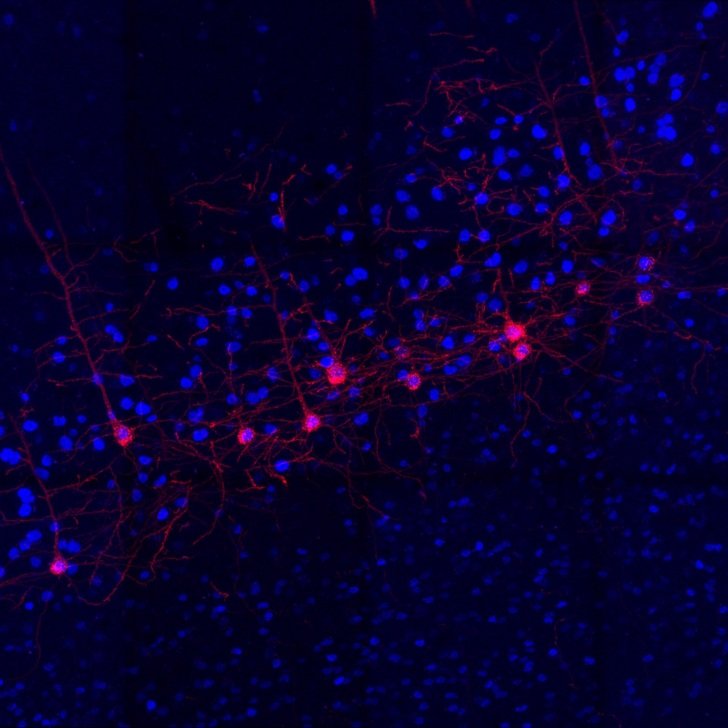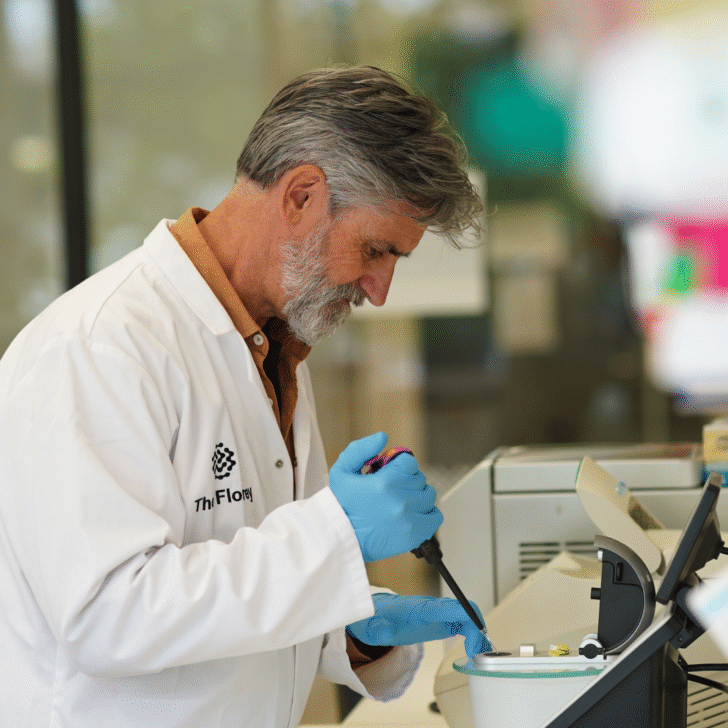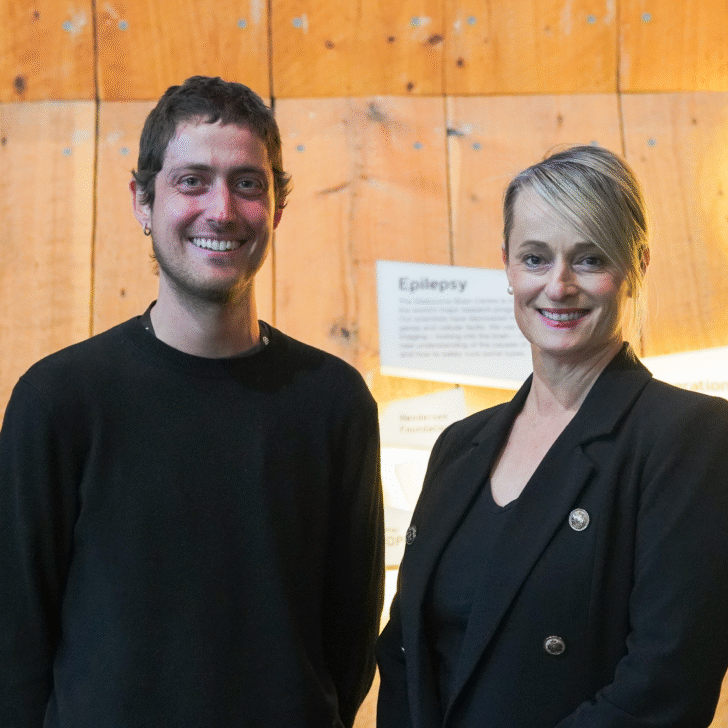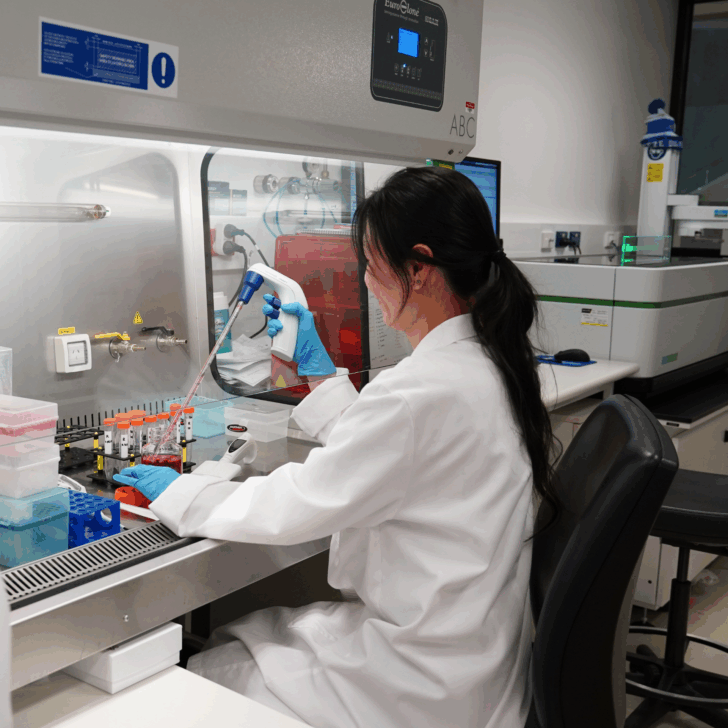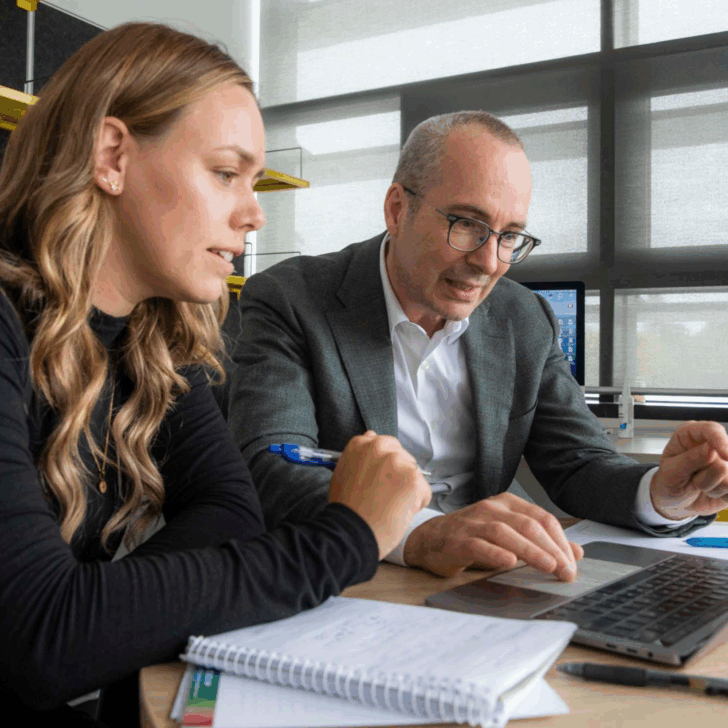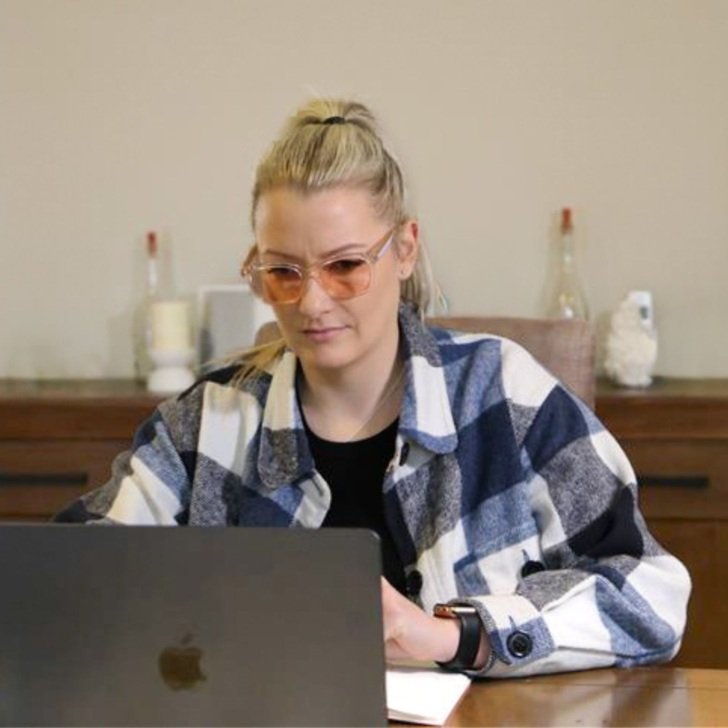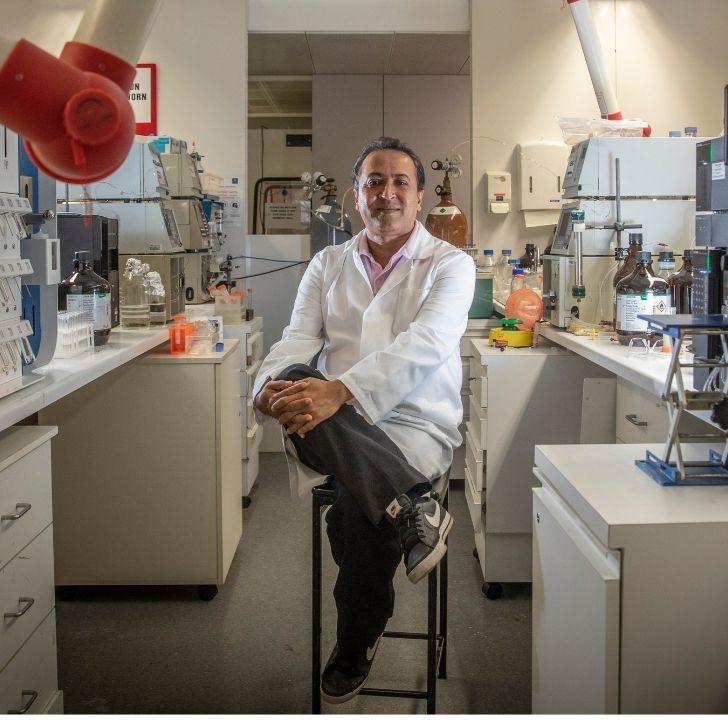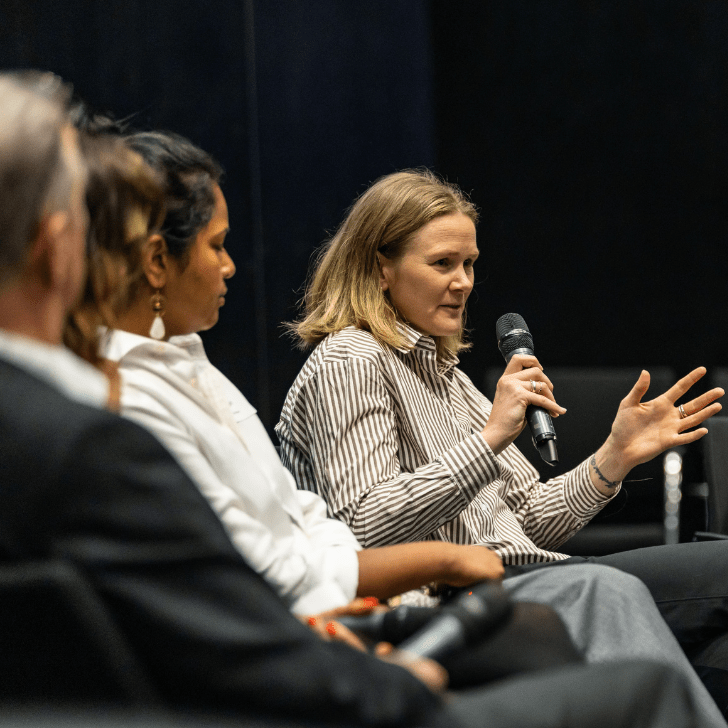- Professor Lucy Palmer is Head of The Florey’s Neural Networks Group, which investigates the role of the cortex in learning and memory.
- Professor Palmer suggests that harnessing the brain’s ability to use multiple senses at once can help in memory retention
- This happens by moving that information from short-term to long-term memory recall in the brain.
Harnessing your senses to improve memory
Research suggests that almost a quarter of people forget a new password within two weeks. This is because many people rely on memory alone.
However, could there be tips underscored by neuroscience that could help you better remember your next password?
Professor Lucy Palmer of The Florey studies how the brain receives and stores information from the world around us.
Professor Palmer leads a team of researchers in the Neural Networks Group who investigate how we can harness our brain’s power to commit a strong password to memory and recall it when needed.
Firstly, Professor Palmer finds that focusing on the password and then turning to other senses, “such as creating a visual image of the password or singing it out loud”, can help in password retention.
This knowledge is derived from a study by Professor Palmer in 2022, published in Nature Communications and written with Dr Luca Godenzini and team, which uncovered the brain’s ability to combine information from multiple senses at once.

Using cutting-edge imaging techniques, the team demonstrated that sound can enhance the brain’s processing of the sense of touch.
When sound and vibration were presented together in the study, neurons in the part of the brain that process touch increased in activity, compared to when vibration and sound each occurred independently.
“Our findings illustrated that the presence of ‘antennas’ on the neurons, called dendrites, are able to integrate both auditory and tactile information,” Professor Palmer says.
These senses working in a tandem are faster than a single sense working alone.
“Another tip is to repeat the password a few times over the next few days. This helps move the password from short-term memory to part of the brain dedicated to longer-term recall.”
These insights can be applied in everyday situations, including remembering a password.
When a scenario requires short-term memory, we can harness our brain’s ability to integrate multiple senses together – which then stores information into our longer-term memory in the brain.

